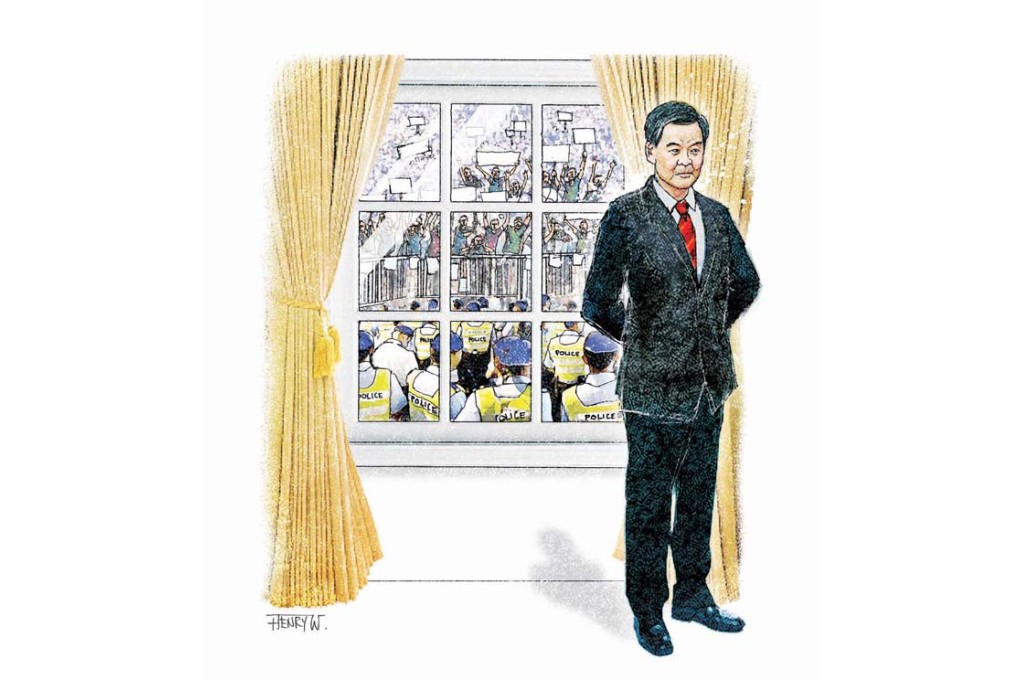The Hong Kong government must listen to its people
Chris Patten calls on the Hong Kong government to rectify its error of misjudging public sentiment by ensuring that the second round of consultation on political reform is, above all, open and honest

It is not wholly true to say that the eyes of the entire world are on Hong Kong. They would be, of course, if people in mainland China were allowed to know what is happening in their country's most successful city. But China's government has tried to block any news about the Hong Kong democracy demonstrations from reaching the rest of the country - not exactly a sign of confidence on the part of China's rulers in their system of authoritarian government.
Before suggesting a way forward for Hong Kong's ham-fisted authorities, three things need to be made clear. First, it is a slur on the integrity and principles of Hong Kong's citizens to assert, as the Chinese government's propaganda machine does, that they are being manipulated by outside forces. What motivates Hong Kong's tens of thousands of demonstrators is a passionate belief that they should be able to run their affairs as they were promised, choosing those who govern them in free and fair elections.
Second, others outside Hong Kong have a legitimate interest in what happens in the city. Hong Kong is a great international centre, whose freedoms and autonomy were guaranteed in a treaty registered at the United Nations. In particular, the United Kingdom, the other party to this Sino-British Joint Declaration, sought and received guarantees that the survival of Hong Kong's autonomy and liberties would be guaranteed for 50 years.
So it is ridiculous to suggest that British ministers and parliamentarians should keep their noses out of Hong Kong's affairs. In fact, they have a right and a moral obligation to continue to check on whether China is keeping its side of the bargain - as, to be fair, it has mostly done so far.
But, third, the biggest problems have arisen because of a dispute about where Hong Kong's promised path to democracy should take it, and when. No one told Hongkongers when they were assured of universal suffrage that it would not mean being able to choose for whom they could vote.
No one said that Iran was the democratic model that China's communist bureaucracy had in mind, with the Chinese government authorised to exercise an effective veto over candidates.
In fact, that is not what China had in mind. As early as 1993, China's chief negotiator on Hong Kong, Lu Ping , told the People's Daily: "The [method of universal suffrage] should be reported to [China's parliament] for the record, whereas the central government's agreement is not necessary. How Hong Kong develops its democracy in the future is completely within the sphere of the autonomy of Hong Kong. The central government will not interfere." The following year, China's foreign ministry confirmed this.